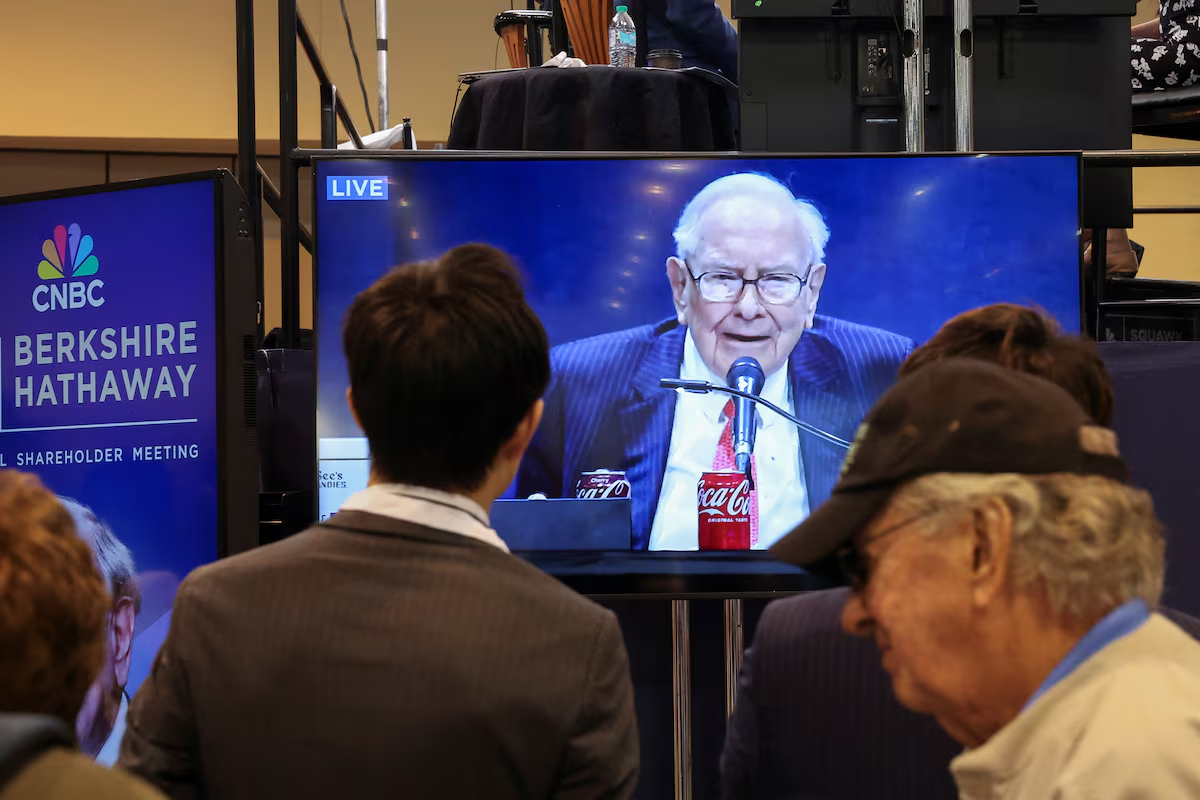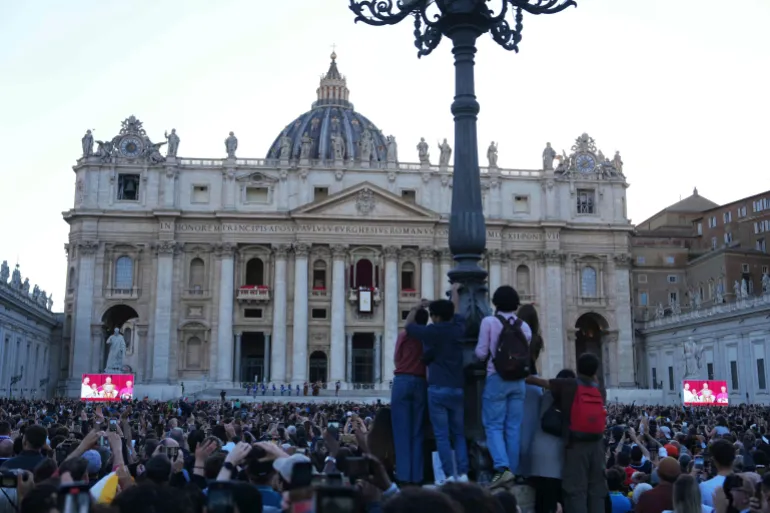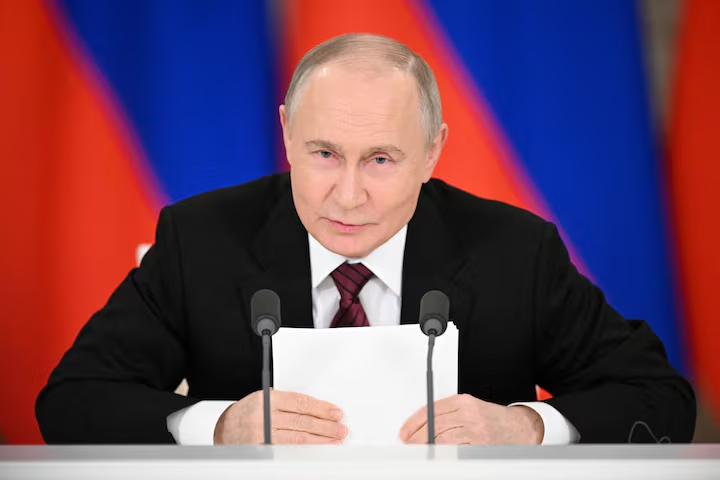At Berkshire Hathaway’s 60th annual shareholder meeting held on May 3, 2025, in Omaha, Nebraska, Warren Buffett announced his intention to step down as CEO at the end of the year. Vice Chairman Greg Abel, who oversees Berkshire’s non-insurance businesses, is set to succeed him. Buffett, 94, emphasized that he has “zero” intention of selling his Berkshire stock and plans to remain involved in the company in a limited capacity.
During the meeting, Buffett addressed several pressing issues, including the impact of U.S. tariffs on the global economy. He cautioned against using tariffs as economic weapons, highlighting that balanced trade fosters global prosperity and benefits the United States.
Financially, Berkshire reported a 14% drop in operating profit to $9.64 billion in the first quarter of 2025, primarily due to $1.1 billion in insurance losses from Los Angeles-area wildfires and currency fluctuations. Net income fell 64% to $4.6 billion, influenced by unrealized losses on stock holdings, notably Apple. Despite these challenges, the company’s cash reserves reached a record $347.7 billion, reflecting a cautious investment approach.
Buffett also reaffirmed Berkshire’s long-term commitment to its investments in five major Japanese trading houses: Itochu, Marubeni, Mitsubishi, Mitsui, and Sumitomo. He expressed confidence in holding these investments for the next 50 years or longer, highlighting their diversified operations and alignment with Berkshire’s investment philosophy.
Vice Chairman Greg Abel announced a shift in the company’s utility strategy, prioritizing public safety over maintaining continuous power supply during extreme wildfire threats. This change follows significant litigation against its utility unit, PacifiCorp, over wildfires in Oregon and Northern California. PacifiCorp faces potential liability claims totaling at least $48 billion and has already projected $2.75 billion in pretax losses.
Despite these challenges, Berkshire’s financial performance remains strong. In the first quarter of 2025, the company reported a 14% decline in operating profit to $9.64 billion, primarily due to $1.1 billion in insurance losses from Los Angeles-area wildfires and currency fluctuations. Net income fell 64% to $4.6 billion, influenced by unrealized losses on stock holdings, notably Apple. However, the company’s cash reserves reached a record $347.7 billion, reflecting a cautious investment approach.
Buffett’s departure marks a significant transition in the leadership of Berkshire Hathaway. As he steps down, questions arise about whether the “Buffett premium” will persist. The company will continue its famed shareholder weekend events, and Buffett’s son Howard is expected to serve as non-executive chairman to maintain Berkshire’s culture.



